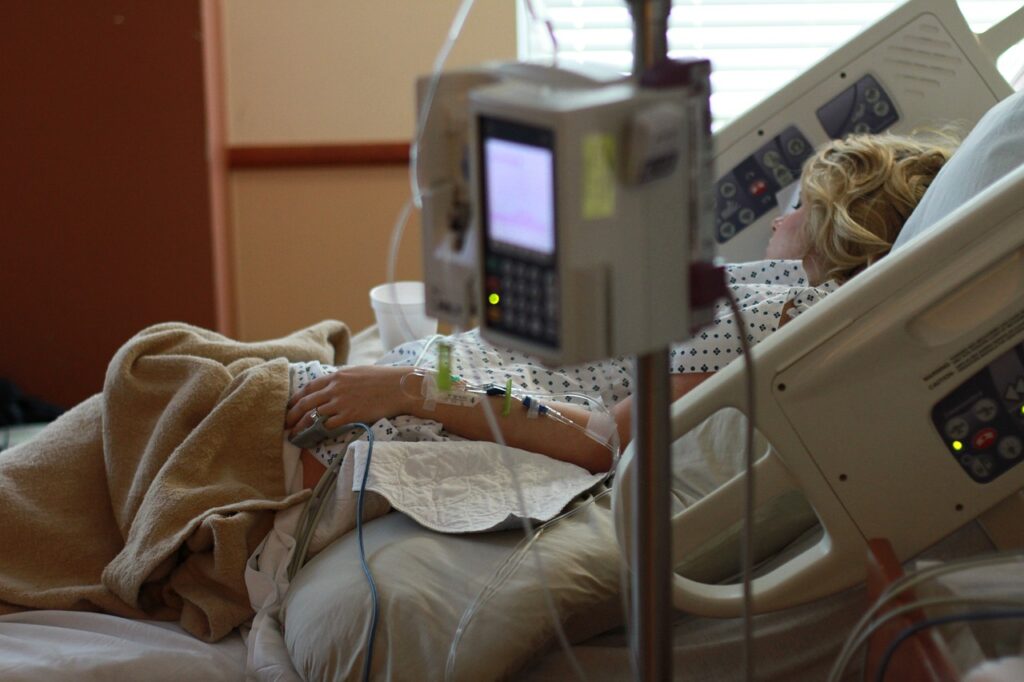Introduction
The healthcare industry is rapidly evolving, driven by the need for improved efficiency and patient-centered care. At the forefront of this transformation is ERP system healthcare, which integrates critical functions like patient records, billing, inventory management, and human resources into a unified platform. By streamlining operations and enhancing data accessibility, ERP systems help healthcare providers reduce costs, improve decision-making, and ultimately deliver better patient care.
The Role of ERP in Healthcare
ERP systems consolidate data from multiple departments, enabling healthcare providers to streamline operations and enhance decision-making. By integrating financial, operational, and clinical information, ERP solutions help hospitals and healthcare organizations manage their resources more effectively.
1. Streamlined Administrative Processes
Hospitals and clinics handle massive amounts of paperwork, from patient registrations to insurance claims. An ERP system automates administrative tasks, reducing manual errors and saving time. This results in quicker processing of patient information, leading to improved service delivery.
2. Enhanced Patient Care and Safety
ERP systems integrate Electronic Health Records (EHRs), ensuring that healthcare providers have real-time access to patient data. This improves diagnosis accuracy, treatment planning, and medication management. Additionally, automated alerts and reminders help prevent medical errors and enhance patient safety.
3. Optimized Resource and Inventory Management
Managing hospital resources, including staff, equipment, and medications, is critical for effective patient care. ERP solutions provide real-time tracking of medical supplies, ensuring that essential items are always available. This reduces waste and prevents shortages that could impact patient treatment.
4. Financial Management and Cost Reduction
ERP systems help healthcare institutions manage financial transactions, billing, and insurance claims more efficiently. By automating financial processes, hospitals can reduce operational costs, prevent billing errors, and enhance revenue cycle management.
5. Compliance and Regulatory Adherence
Healthcare organizations must comply with strict regulations such as HIPAA, GDPR, and other industry standards. ERP solutions ensure data security, maintain audit trails, and generate compliance reports, reducing the risk of legal issues.
Future of ERP in Healthcare
As technology advances, ERP systems in healthcare are expected to incorporate artificial intelligence (AI), machine learning, and predictive analytics. These innovations will further enhance efficiency, optimize workflows, and improve patient outcomes. Cloud-based ERP solutions will also enable better accessibility and scalability, allowing healthcare providers to adapt to changing needs.
Conclusion
The integration of ERP systems in healthcare is revolutionizing the industry by enhancing efficiency, reducing costs, and improving patient care. By streamlining administrative processes, optimizing resource management, and ensuring regulatory compliance, ERP solutions empower healthcare providers to focus on what matters most—delivering high-quality patient care. As technology continues to evolve, ERP will remain a cornerstone of modern healthcare management, driving innovation and excellence in patient services.



